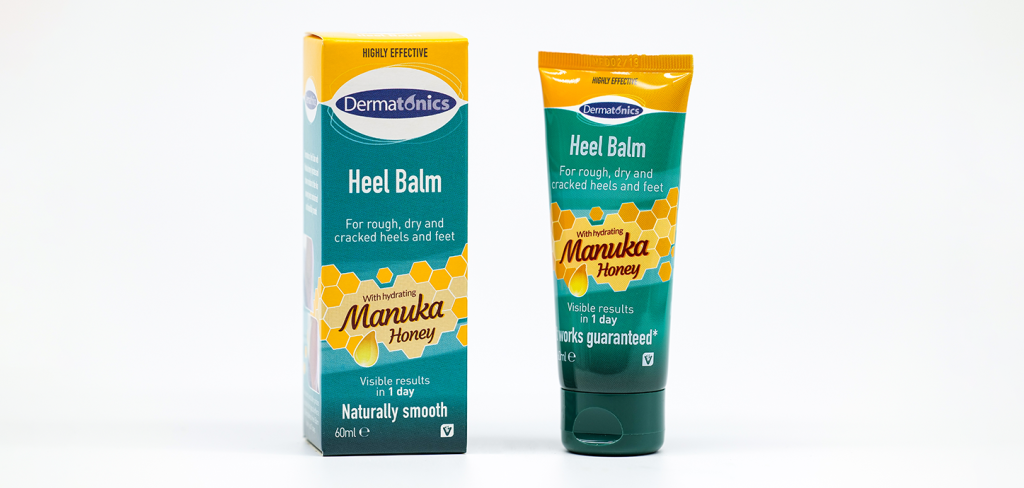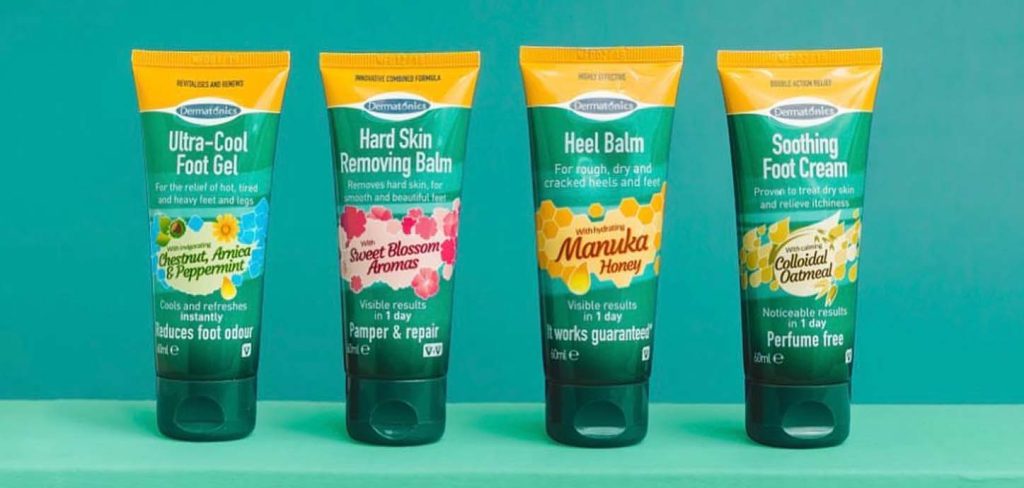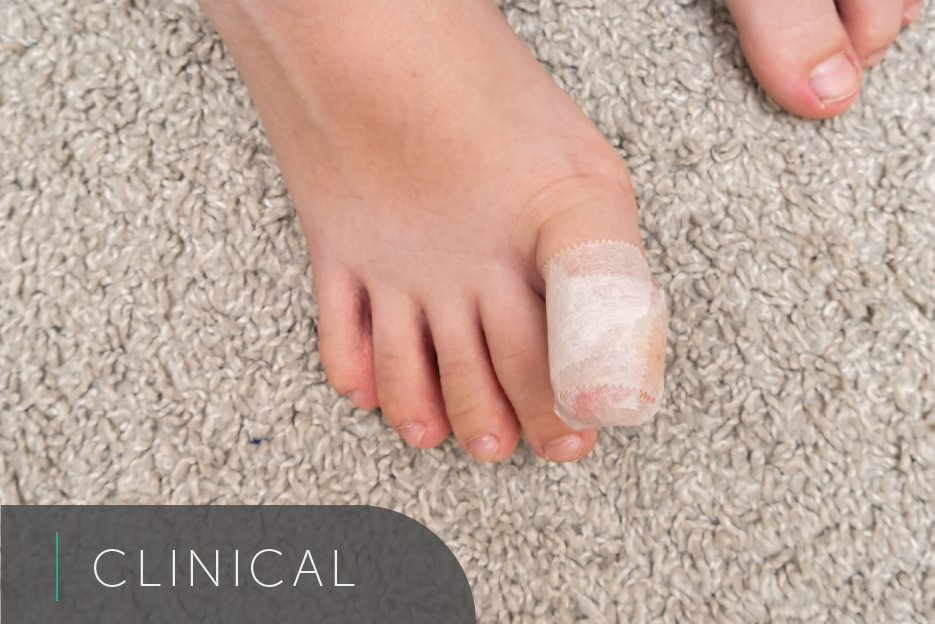
Cracked heels can be minor and easy to treat, however, if left untreated the cracks can turn into fissures. These can be very deep, can bleed and be very painful when walking or weight bearing.
With the different changes in weather at this time of year, it is really important to take care of your feet. With the increase of the dry weather, it can start to cause problems with your skin. A sudden burst of heat can wick away moisture easily with speed, leaving your feet dry, cracked and with a chance for potential fissures to occur. If these issues with your feet are not addressed early enough it may lead to serious problems where infection can occur and fissures may not heal properly. This can be very painful to walk on. Our HCPC registered chiropodist can advise on cracked heel treatment.
What are cracked heels?
Cracked heels are the result of dry and hard skin accumulating on the heels, also known as callus. Cracks in your heels can be minor and easy to treat, however, if left untreated the cracks can turn into fissures, which are very deep, can bleed and be very painful when walking or weight bearing.
How do cracked heels occur?
Cracked heels occur when the skin cannot keep the levels of moisture retained within the skin. In addition, a mixture of increased pressure to the heels and dryness of the skin also leads to cracked heels. Dehydrated skin is the main initial cause of cracked heels. The body will start to produce thick callus to protect the skin, then, as the skin becomes drier, cracks start to occur through the hard skin build up. Other causes include, obesity, diabetes, lack of certain vitamins and minerals and genetics.
Cracked heel treatment?
To treat cracked heels, I would recommend moisturising the skin with a foot specific moisturiser. A key ingredient to look out for in a moisturiser is the percentage of Urea. This ingredient is an excellent humectant, which draws water from the deeper layers of your skin thus keeping your skin moist for longer. As well as this, having regular appointments with your Podiatrist to file and debride any hard skin will definitely help. As a result, when you apply moisturiser, the cream will be able to penetrate your skin with ease and absorb for longer.
Product recommendations for cracked heel treatment?
For looking after dry, hard, and cracked skin on your feet, we recommend a Urea based foot cream. I always recommend a cream from Dermatonics, specifically the Manuka Honey Heel Balm. This moisturiser contains 25% Urea, the skin’s natural moisturiser, it also hydrates the skin and draws moisture to the surface of the skin which over time will leave your heels lovely and smooth. I recommend my patients use this cream twice daily to get the best results and benefits.
If you are struggling it is recommended that you see a healthcare professional as soon as possible. Feel free to contact us here at The Healthcare Hub on 02922 527 897 or email us on enquiries@healthcare-hub.co.uk for advice and recommendations or to book in with one of our experienced HCPC registered Podiatrists.
Supporting your local community



